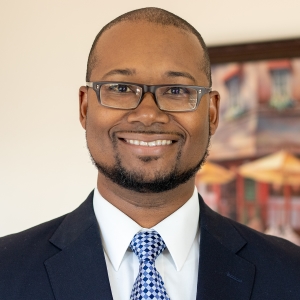In the auditing and compliance world, we often stay abreast of current news in the credit union industry. It is not an exaggeration to state that a new case of employee fraud is reported at least weekly ranging from tellers to CEOs as the alleged perpetrators. The work our team performs daily involves reviewing accounts for suspicious activity, so understanding risks and red flags is always top of mind.
But the frequency of fraud occurrences in the news naturally caused me to think about why fraud happens in the first place. The simplest answer of course is greed, but it actually goes a bit deeper than that. A more complete way of putting it is greed or need. So let’s take a look into the psychology of fraud.
Donald Cressey was one of the leading experts on the sociology of crime and developed the most universally accepted theory on why people commit fraud. Although introduced over 60 years ago, it is still the foremost foundational framework used to evaluate and understand risk indicators of fraud. According to Cressey’s model, known as the “fraud triangle,” when fraud occurs there is a financial incentive or pressure, an opportunity to commit and conceal the act, and rationalization of the crime.
Why do people commit fraud?
Financial Pressure
In the study that Cressey conducted to develop his theory, the majority faced some type of perceived or actual financial pressure. It was not only that there was a financial problem, but most importantly, it was a financial problem that the employee felt they could not share with anyone else.
Opportunity
Even if someone is motivated to commit a fraudulent act, without an opportunity, it is not possible for the crime to occur. What presents the opportunity for fraud is a lack of internal controls, weak controls, or controls that are not enforced. To be clear, internal controls are not a panacea for completely eliminating or eradicating fraud but are the best mechanism for mitigating the risk through prevention and detection. This is where organizations have the most control over avoiding these crimes.
Rationalization
When fraud is uncovered and studied, the emphasis is often on the motive and the gaps in controls that characterized the crime. What often gets overlooked are the various ways people rationalize their behavior which is a crucial aspect of most cases. It actually becomes something other than fraud or theft in their minds. A common justification is “I am only borrowing this money, I’ll pay it back,” or “They owe me this.” One example from the CPA Journal is that a fraudster might redefine a theft of cash as a “temporary loan.”
Why we shouldn’t overreact
Alone, not one of these elements is enough to motivate an employee to embezzle. All three elements must exist for the act to be committed. It is necessary to state plainly that every employee facing financial pressure does not commit fraud. An environment with poor internal controls does not make every employee an opportunistic embezzler. My intention is not to encourage overreactions, unfounded accusations and suspicions. But through a basic understanding of why fraud happens, we have a critical component for keeping it at bay.























































